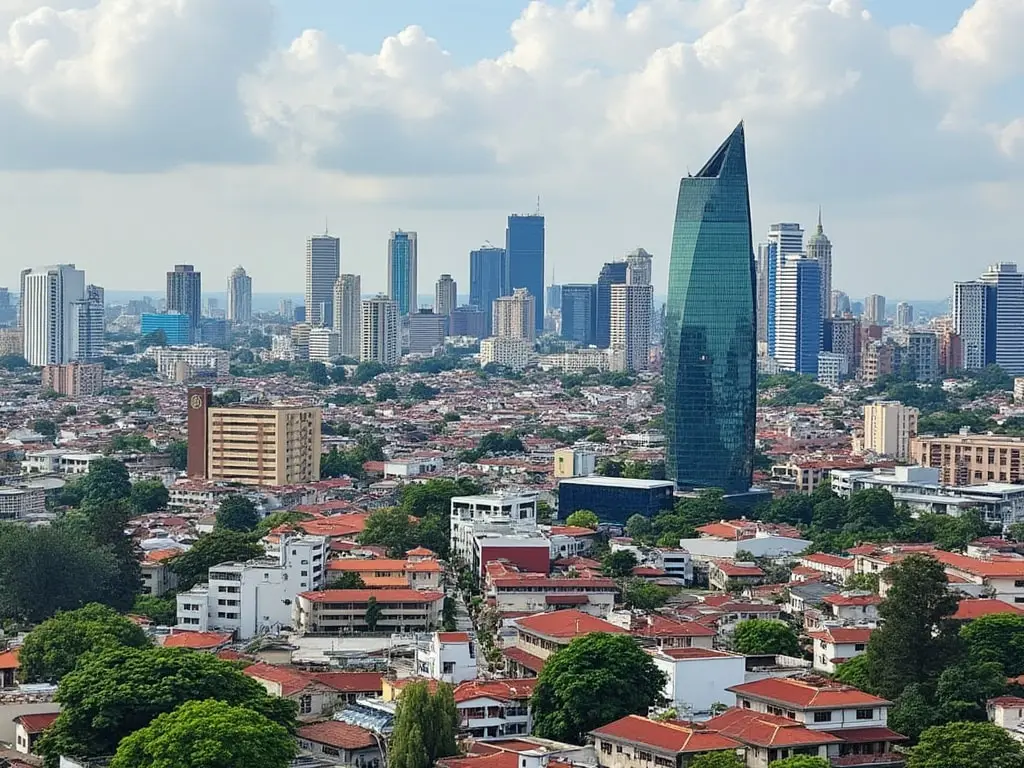
Accra is the capital and second-most populous city of Ghana. Located on the Atlantic coast of West Africa, Accra is a bustling metropolis that embodies the country's rich cultural heritage and vibrant spirit.
Accra information
| Country | 🇬🇭 Ghana |
| City Population | approximately 4 million |
| City Coordinates | 5.5500° N, 0.2167° W |
| City Area | 185.5 km² (71.6 sq mi) |
| Climate | Tropical savanna climate (Köppen climate classification: Aw) |
| Language | English, Ghanaian languages (such as Akan, Ewe, and Ga) |
| Currency | Ghanaian cedi (GHS) |
| Time zone | GMT (Greenwich Mean Time) |
| Proximity to other major cities | Lagos, Nigeria (483 km / 300 mi), Cotonou, Benin (446 km / 277 mi) |
Interesting facts about Accra
- Accra is home to the famous Makola Market, one of the largest markets in West Africa.
- The city is home to a number of historic forts and castles, including the Osu Castle and the Ussher Fort.
- Accra is a major hub for the production of traditional Ghanaian crafts, including wood carvings, textiles, and pottery.
- The city is home to a number of beautiful beaches, including the popular Labadi Beach.
Tourist attractions in Accra
- The National Museum of Ghana
- The Kwame Nkrumah Memorial Park
- The Makola Market
- The Osu Castle
- The Labadi Beach
Historical background of Accra
Accra has a long and storied history, dating back to the 15th century when it was a small fishing village. The city's strategic location on the coast made it an attractive hub for trade, and it quickly grew into a major commercial center. In the 17th century, Accra became a key location for the transatlantic slave trade, with the Portuguese, Dutch, and British all establishing forts and trading posts in the city. Today, Accra is a thriving metropolis that is proud of its rich cultural heritage and its role as a major economic hub in West Africa.
Geographical location of Accra
Accra is located on the Atlantic coast of Ghana, approximately 30 kilometers (19 miles) east of the Gulf of Guinea. The city is situated on a low-lying coastal plain, with the Accra Plains stretching out to the north and the Akwapim-Togo Ranges rising up to the east. The city's coastal location makes it prone to flooding, particularly during the rainy season, but it also provides a stunning backdrop of beaches and scenic coastal views.
Cultural significance of Accra
Accra is a city that is deeply rooted in tradition and culture. The city is home to a diverse range of ethnic groups, each with their own unique customs and traditions. The city's cultural scene is vibrant and thriving, with a wide range of festivals, markets, and cultural events taking place throughout the year. The National Museum of Ghana, located in the heart of the city, is a must-visit attraction for anyone interested in learning more about Ghana's rich cultural heritage.
Economic importance of Accra
Accra is the economic hub of Ghana, with a thriving business sector and a wide range of industries, including manufacturing, finance, and tourism. The city is home to the Ghana Stock Exchange, as well as a number of major banks and financial institutions. The city's port is also a major hub for trade, with cargo ships arriving and departing from all over the world.
Conclusion on Accra
Accra is a city that has something to offer for everyone. From its rich cultural heritage to its vibrant business sector, Accra is a city that is full of life and energy. Whether you are interested in history, culture, or simply want to experience the warmth and hospitality of the Ghanaian people, Accra is a city that is definitely worth visiting.
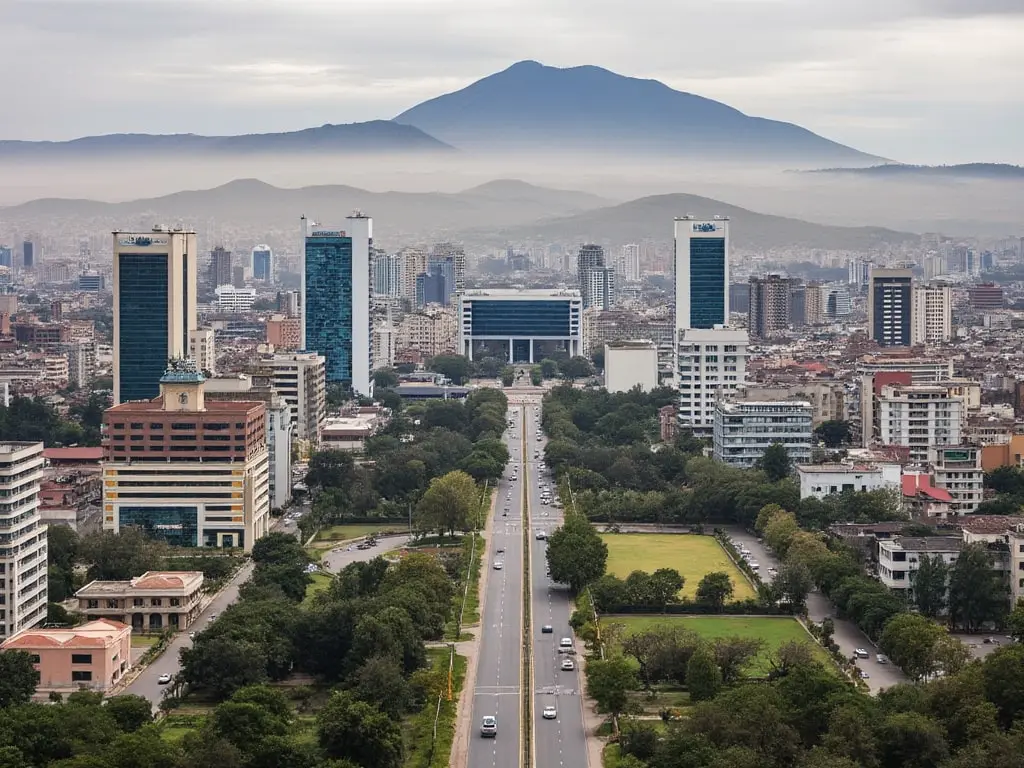 Addis Ababa
Addis Ababa
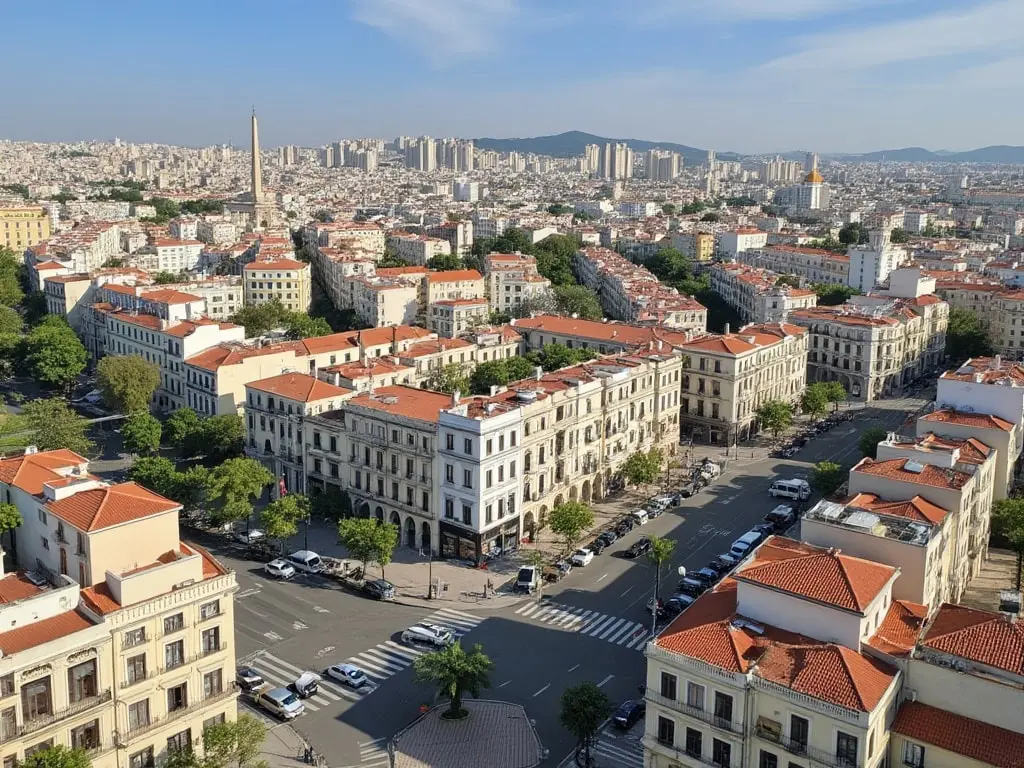 Algiers
Algiers
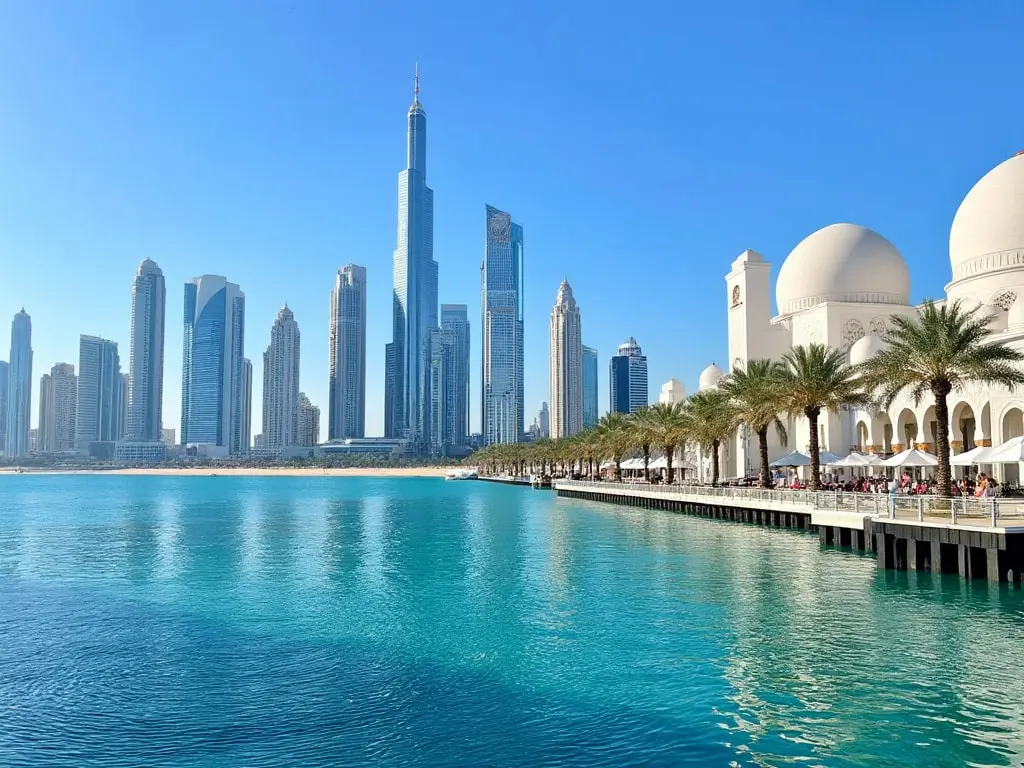 Abu Dhabi
Abu Dhabi
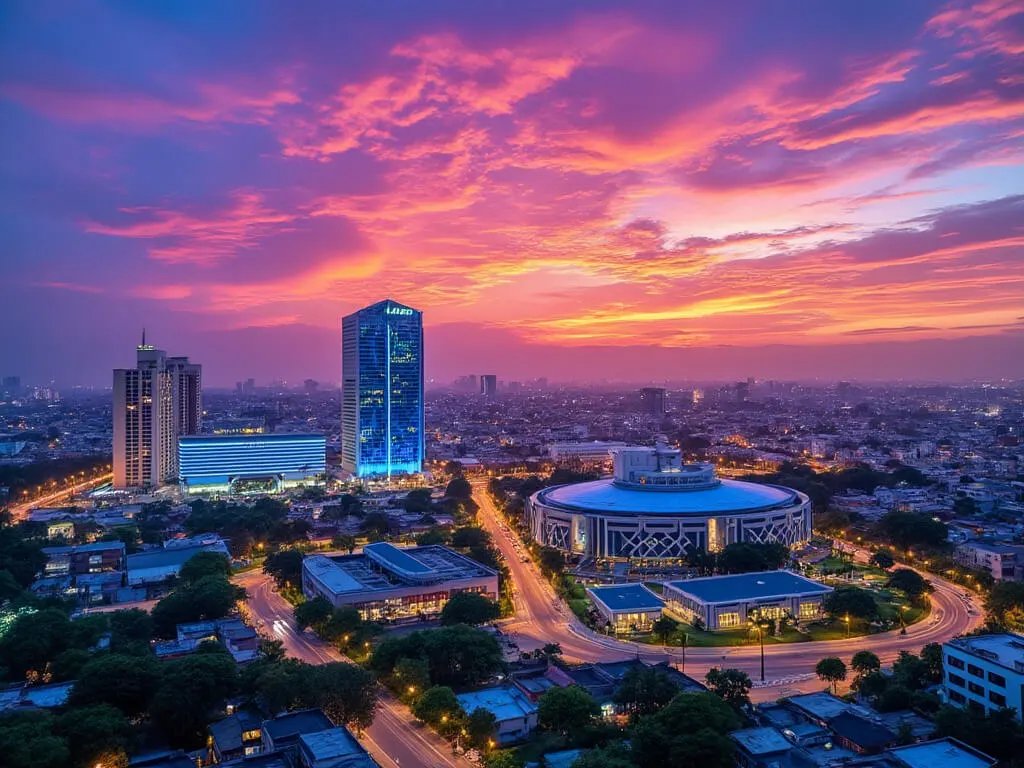 Abuja
Abuja